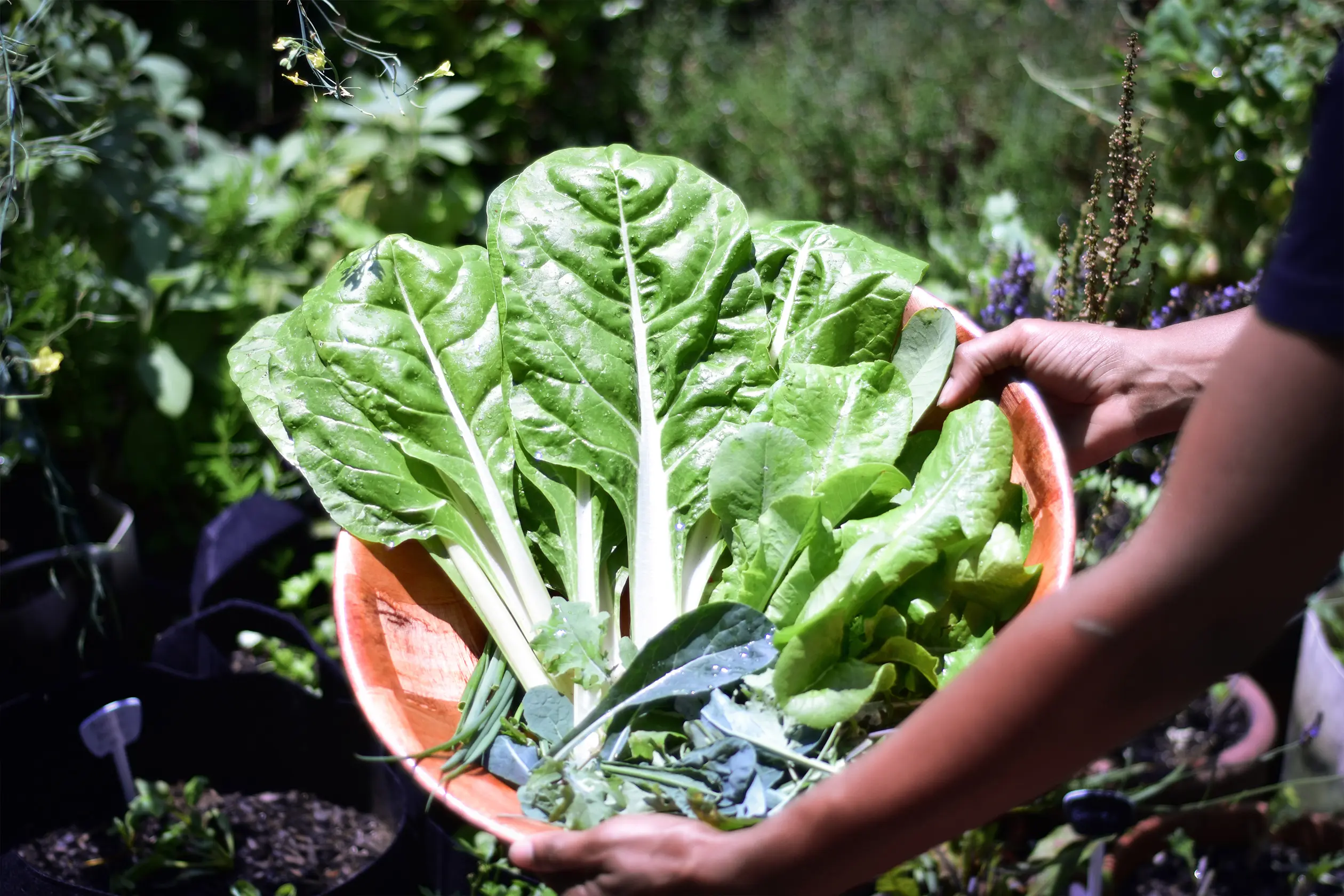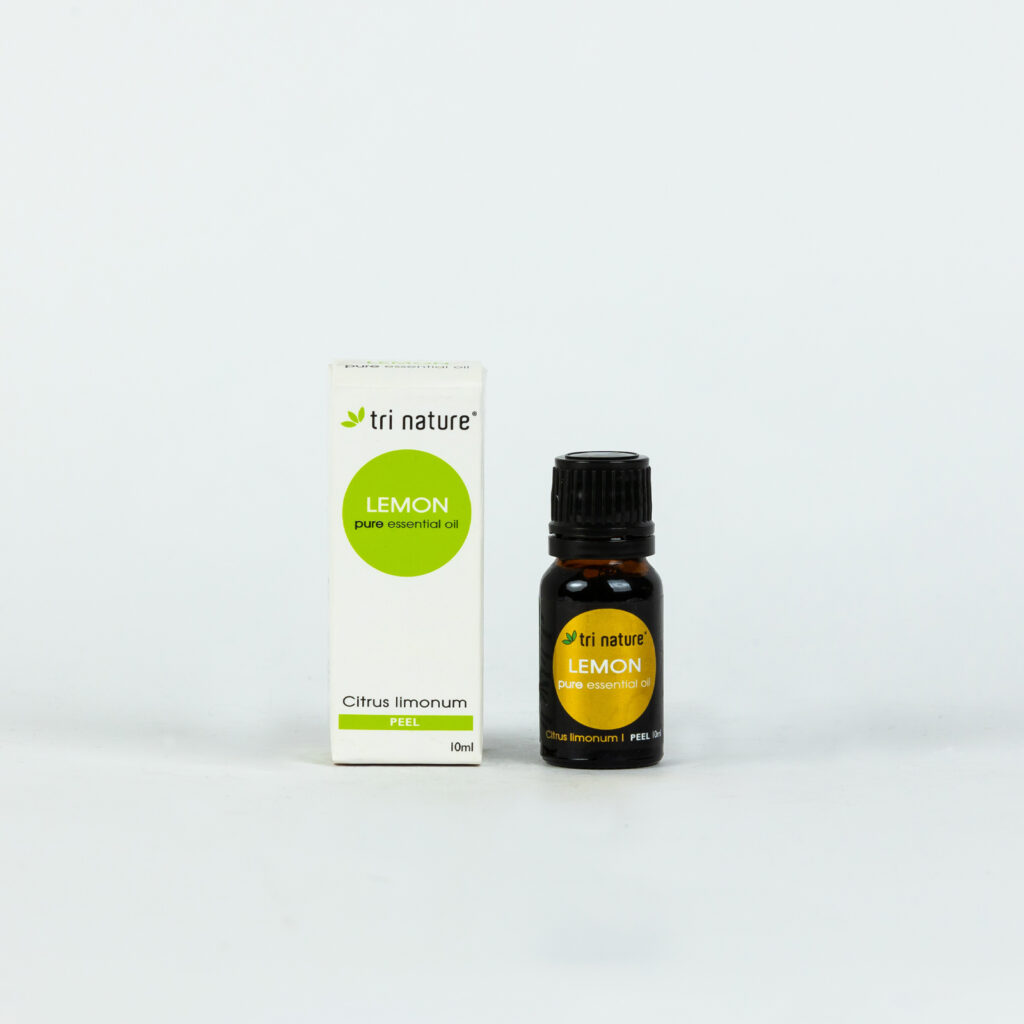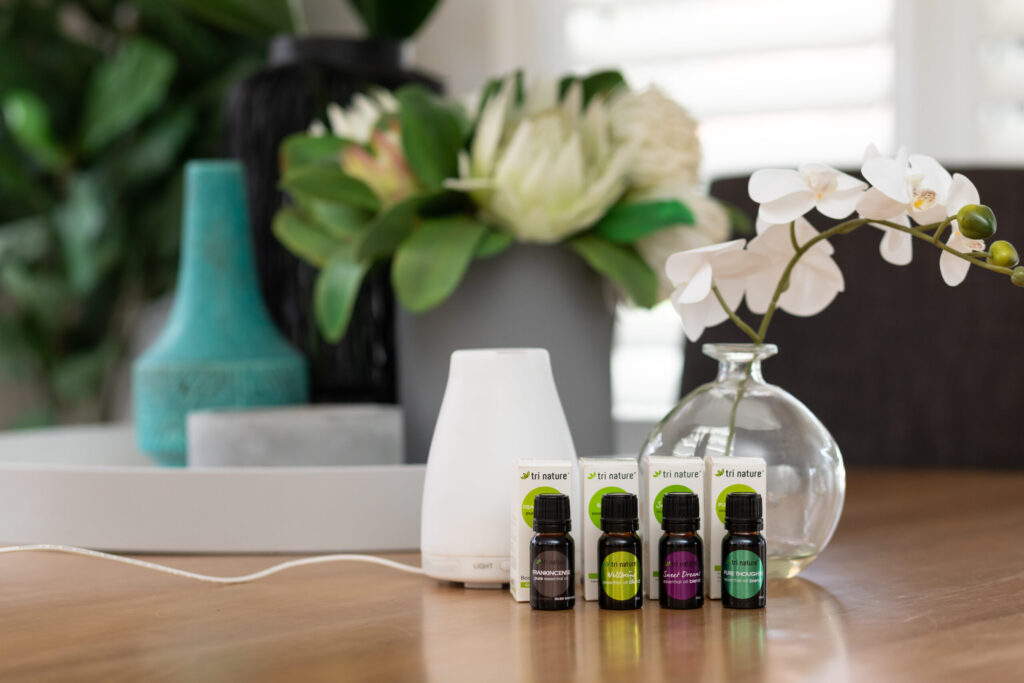Did you know the average Aussie throws out 1 in every 5 bags of groceries?
That means 20% of what we are buying is heading straight to the bin. This is a very significant waste in many ways – wastage of food, money, and most importantly wastage of disposal resources (contributing to an already over-used landfill issue).
Whilst it may be very unrealistic to expect everyone to adopt a completely zero-waste lifestyle, there are plenty of small manageable changes to our everyday habits that everyone can do to significantly reduce the waste we create – especially in the kitchen.
“As consumers, we have so much power to change the world by just being careful in what we buy” – Emma Watson.
Here is a list of our 10 top hacks to achieve a more sustainable kitchen in your home:
1. Develop a weekly meal plan
Having a meal plan will enable you to quickly adopt more conscious shopping habits. Create a shopping list of items you will need & use for the week ahead. Most food waste comes from buying things we don’t need – either as a result of inadequate planning, or shopping on an empty stomach! Buying from your local growers market helps you to avoid buying your produce in bulk, pre-packaged options.
2. Use your leftovers
Have a leftovers night to use up any leftover cooked meals. Use leftover fruit in a smoothie, leftover veggies in a soup, veggie bake, or frittata for the next day. Veggie trimmings and bones can be used to make stock.
3. Repurpose food waste
Try using as much of your produce as possible when cooking. Often the skins of fruit are full of nutrients and fiber – try blending them into a smoothie. Stale bread is perfect for breadcrumbs and mince patties.
4. Compost your food scraps
About half of household garbage is food and garden waste. By composting your food scraps, the amount of greenhouse gases produced by landfills is drastically reduced. Keep a small bin that’s dedicated to food scraps. Either compost yourself or if your local government offers a green bin, use that.
5. Smart storage
Correct storage is the key to keeping food fresh longer. Take fruit and veg out of bags so they don’t sweat and spoil, and place them in airtight containers to make them last longer. Check use-by dates on perishable items and use the “first in, first out” tactic, ensuring you move old products to the front to be used first. Use your freezer to store items that would otherwise go off. Fruits, vegetables, and even eggs (just make sure you crack eggs into an ice cube tray for storing in the freezer.)
6. Eat local and seasonal produce where possible.
This is better for the environment as it reduces storage, transport, and refrigeration needs, plus your money is more likely to go back into your local community and into the pockets of the people who grow the produce.
7. Sustainable cleaning products
Try sourcing sustainable and natural cleaning and personal care products for your home. At Tri Nature, we’ve removed harsh, aggressive chemicals and unnecessary fillers from your everyday household products. Removing the nasty cleaning products in your home will not only reduce your environmental footprint but will be a healthier and safer choice for you and your family’s health. You can also reduce your plastic consumption by trying our refill, concentrate, and bulk buying options. For example, a 1-litre bottle of our Supre Multi-Purpose Cleaning Concentrate makes 20 x 500ml spray bottles of cleaner. Saving the planet and your wallet at the same time – win-win!
8. Grow your own vegetables and herbs
There is nothing better than heading out to your garden and picking what you need. It’s fresh, full of flavour, and creates minimal waste.
9. Go beyond recycling, and upcycle
Cans, jars, and bottles can be recycled, but why not consider reusing or reinventing them? The possibilities are endless with a little imagination. Try Pinterest for inspiration.
10. Donate what you won’t use
Do a monthly fridge/pantry cleanout (We recommend using our eco-friendly food-safe disinfectant for this job). If you are never going to eat that tin of beans, think about donating it to a local food charity. Supermarkets often have donation bins for non-perishable food items.
If you would like to read a great article by Porch ‘How to Build a Self-Sufficient Home’ which features this blog click here.



